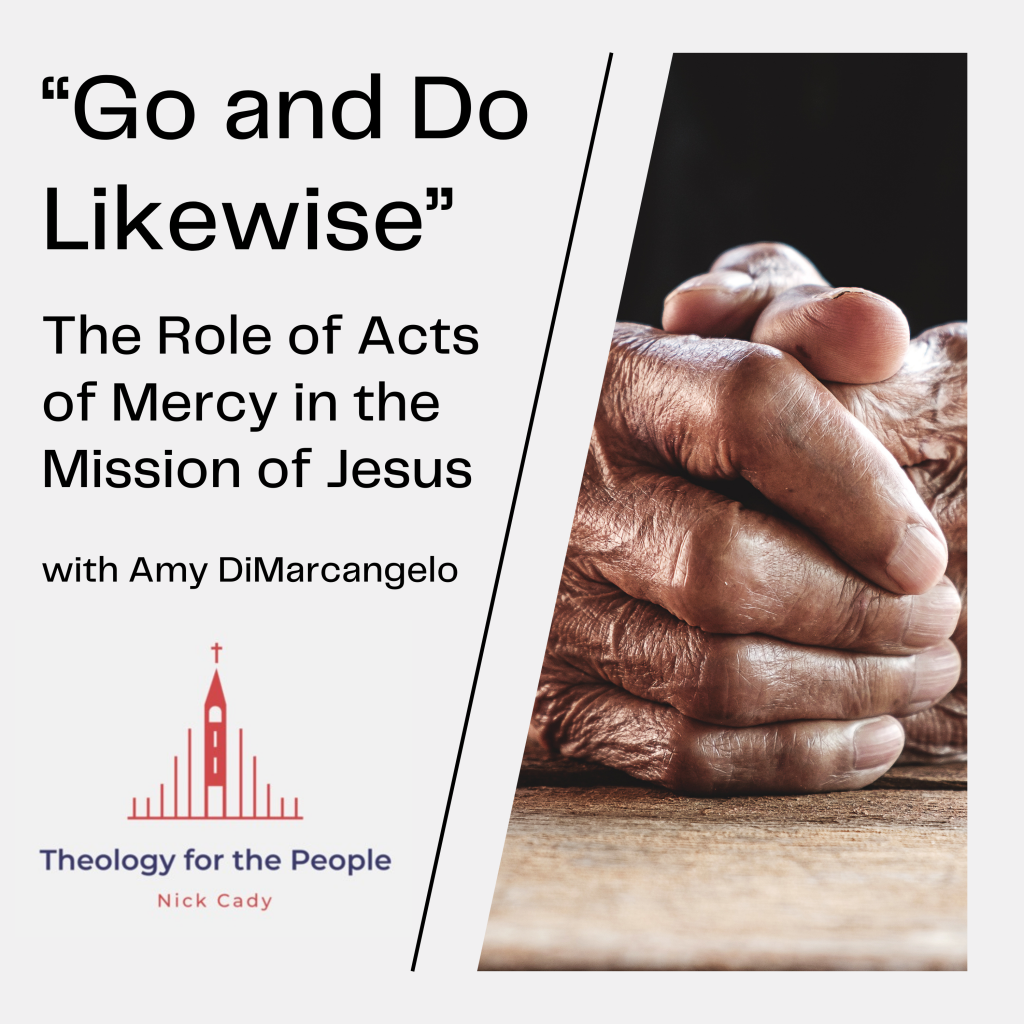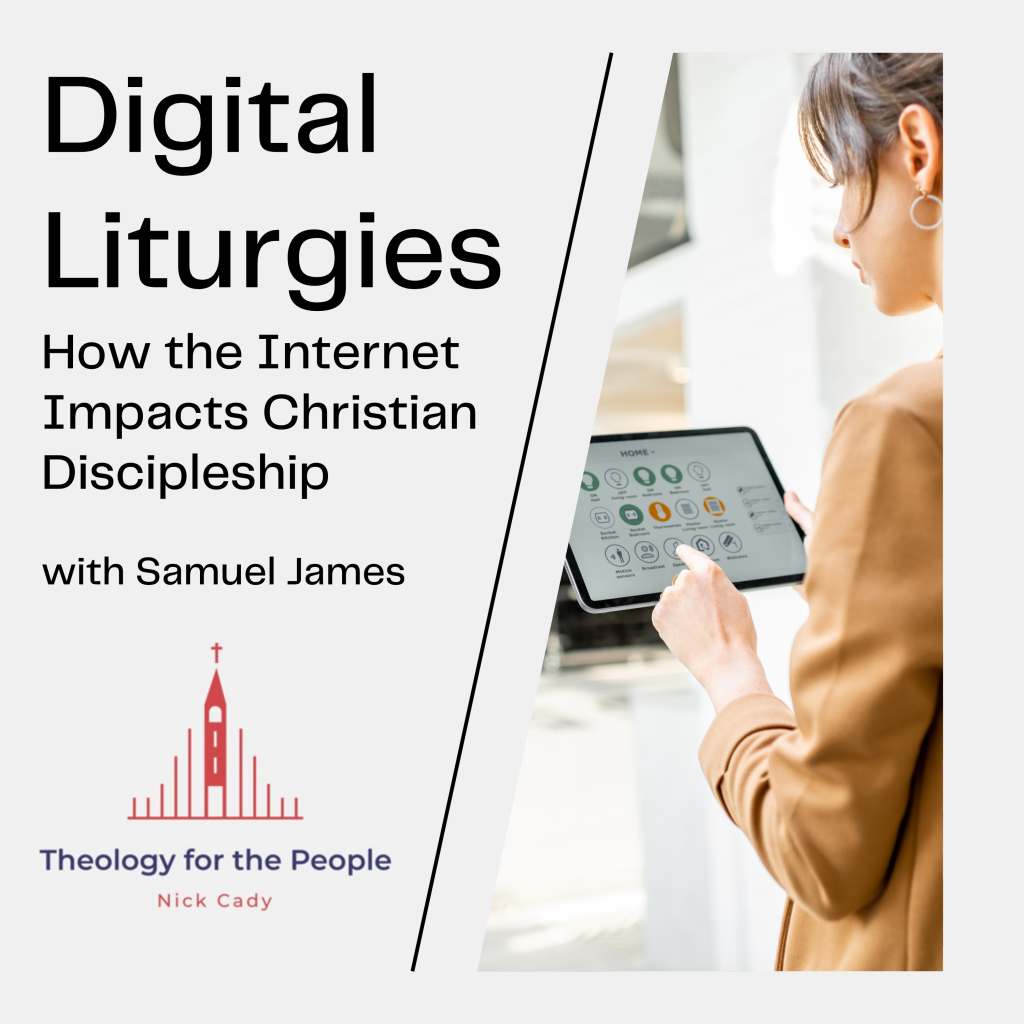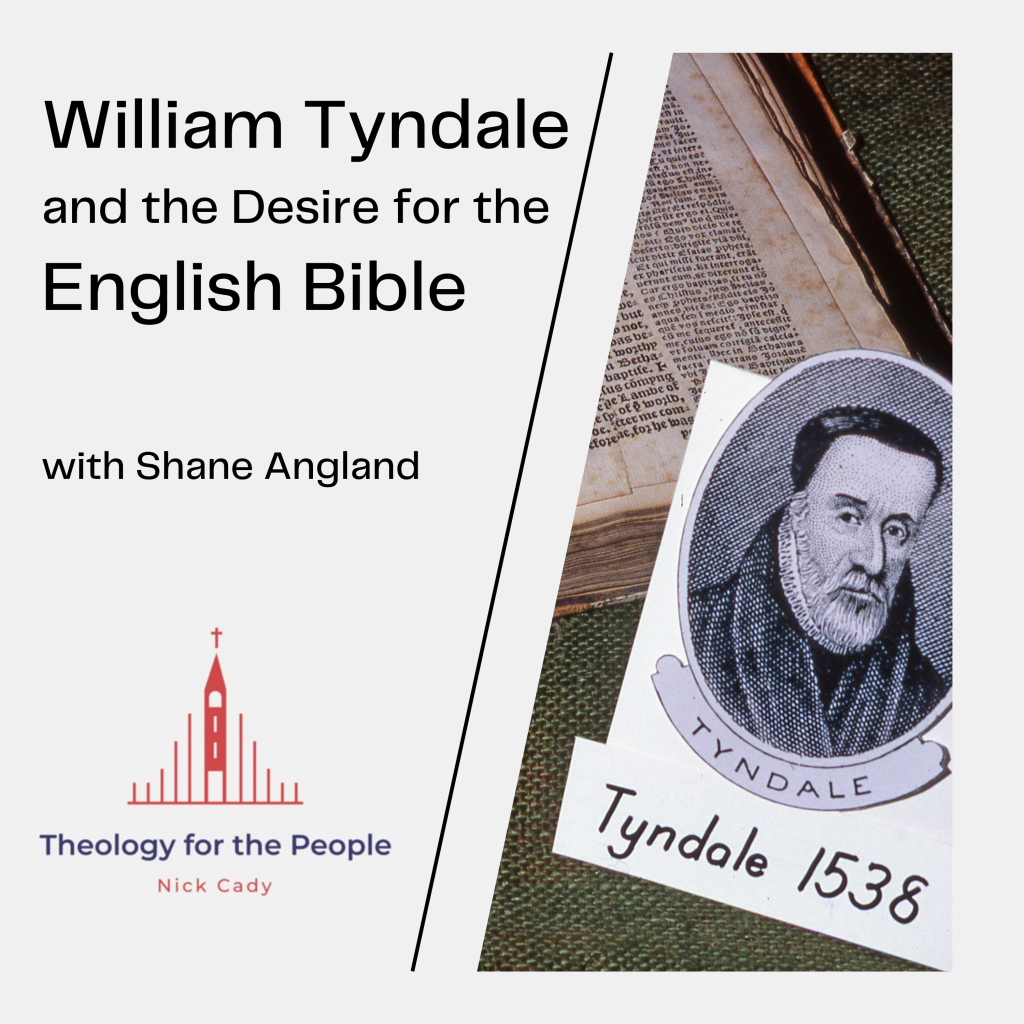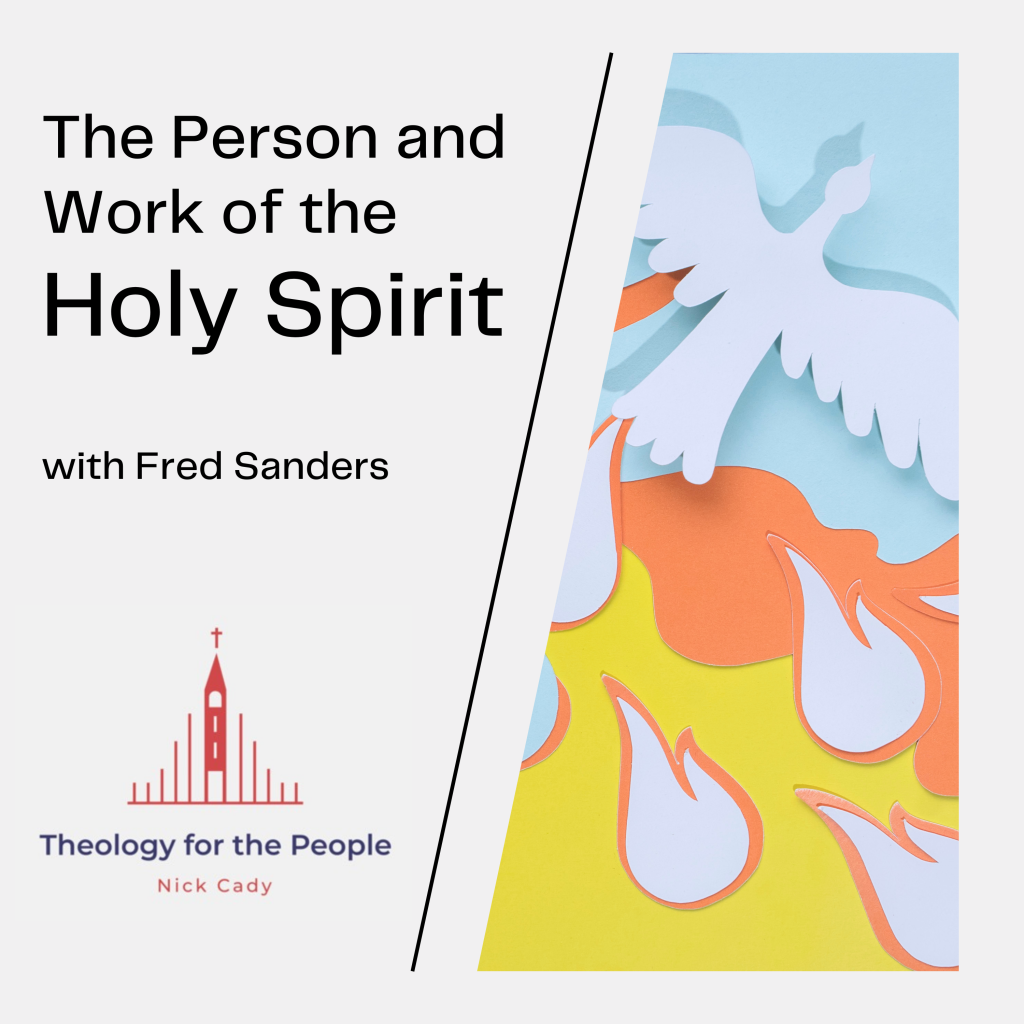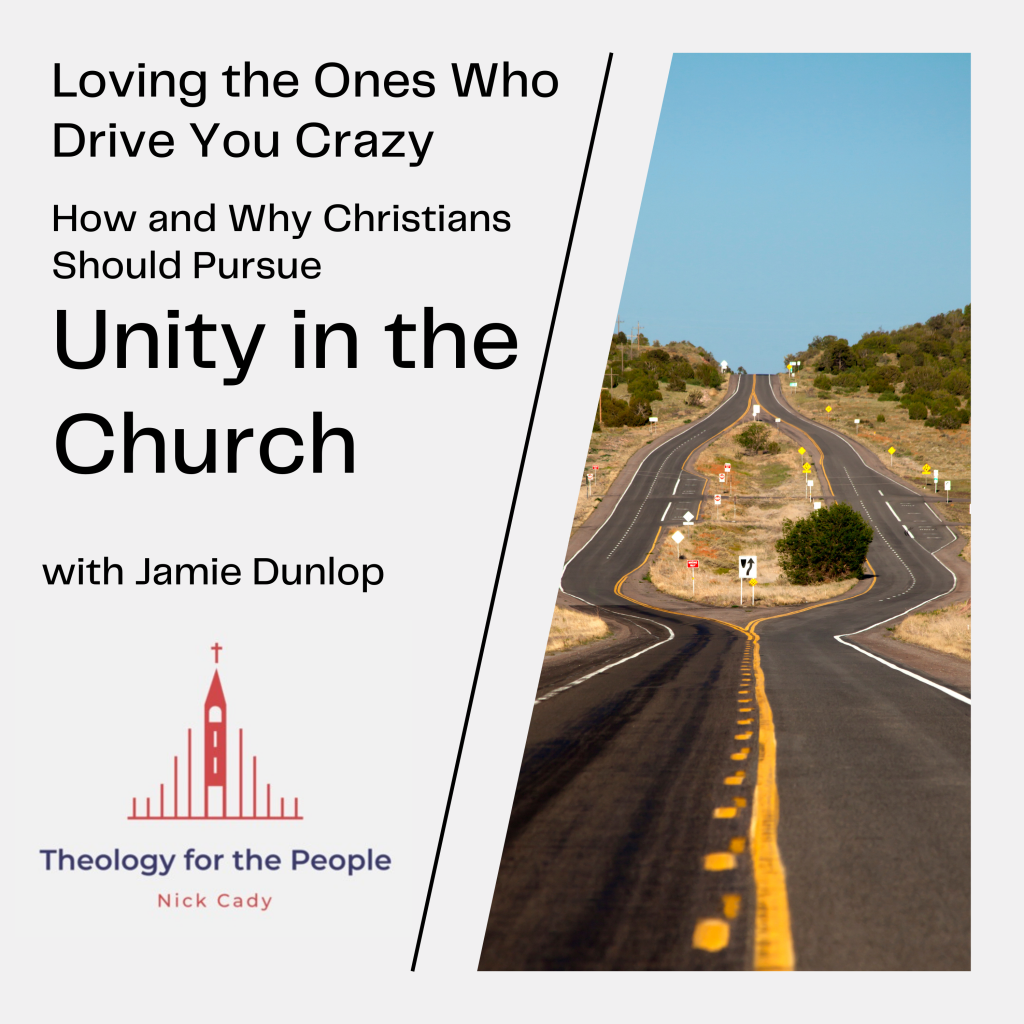
In this episode of the Theology for the People Podcast, I speak with Jamie Dunlop. Jamie is an associate pastor at Capitol Hill Baptist Church, in Washington D.C. and the author of the book, Love the Ones Who Drive You Crazy: Eight Truths for Pursuing Unity in Your Church.
Jamie’s church is only a few blocks from the U.S. Capitol building, and Jamie discusses how their church has navigated some of the difficult social issues of the past few years by determining to be a “Christ alone” type of church.
In this episode, we discuss the goal of Christian unity in the midst of a divided society, and how to pursue it. Where do you draw the lines? How do you determine which issues are primary issues? And why is it important to love those who are different from you, in the Body of Christ?
Click here to listen to the episode, or listen in the embedded player below.


